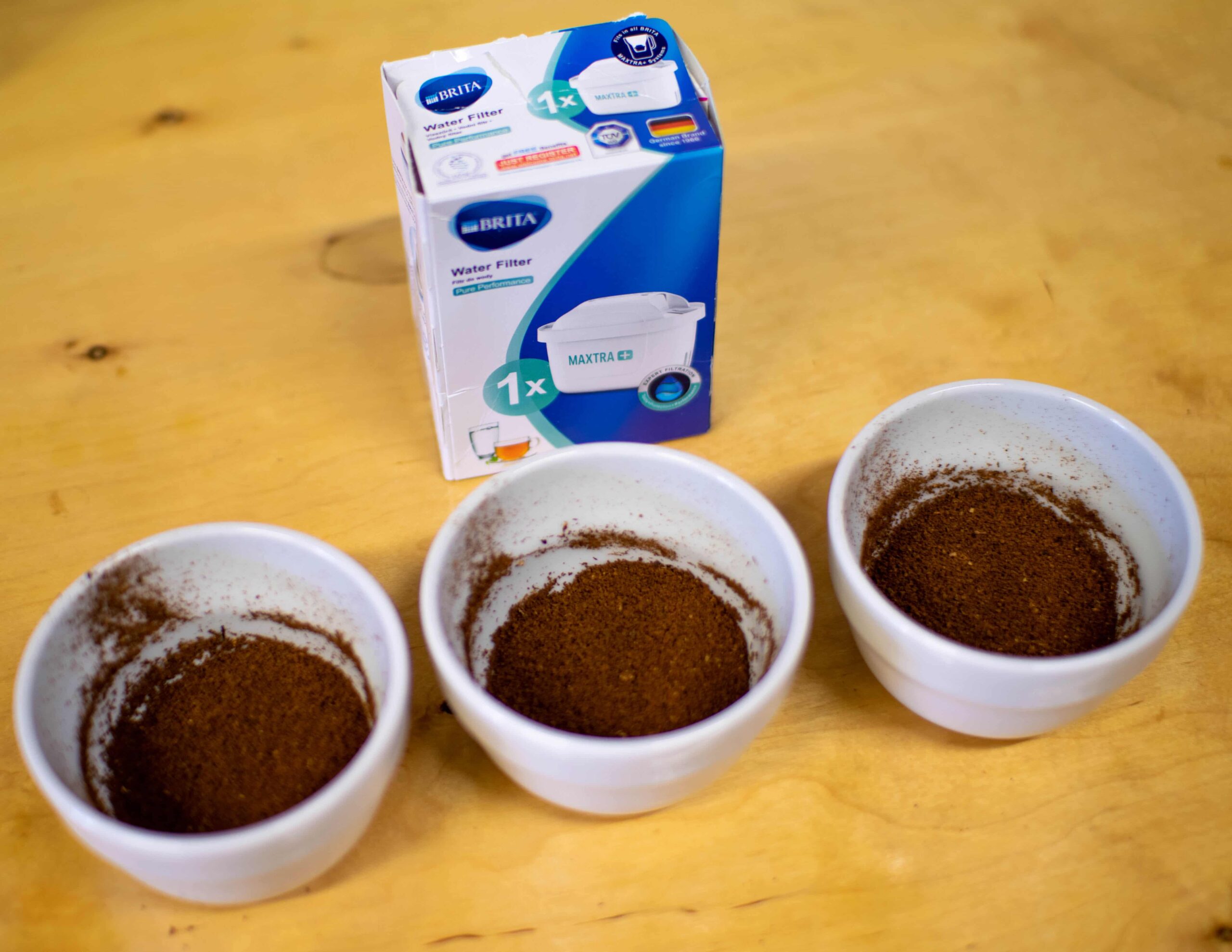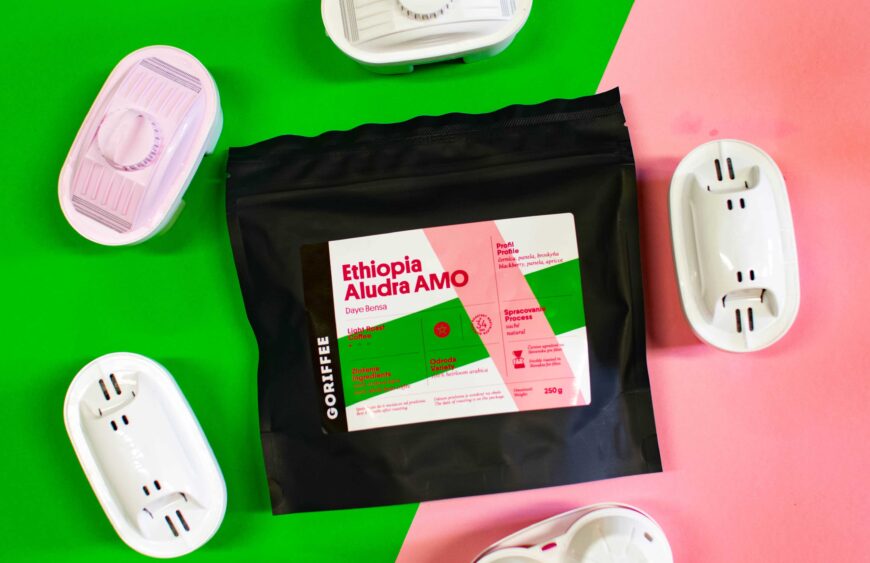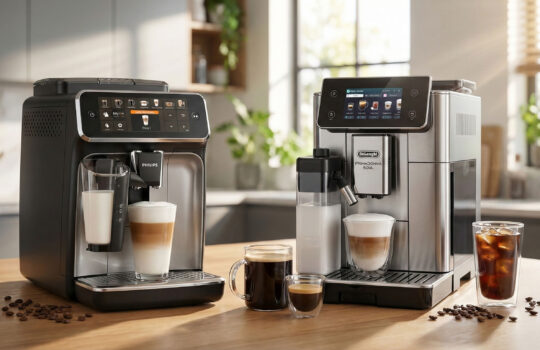70% of your body and 98% of your coffee is water. Without quality water, coffee cannot be prepared properly. Its composition therefore plays a key role in how your coffee will taste.
In this article, we will focus on the possibilities of water treatment in the home environment so that it is suitable for preparing the best possible cup of coffee.
Hard or soft water?
Unfortunately, we have to disappoint you right from the start, because neither hard nor soft water is ideal for making coffee.
Hard water contains large amounts of minerals such as calcium and magnesium. These minerals bind more easily to certain compounds in coffee, leading to a very intense flavour result. However, hard water also contains a high amount of bicarbonate, which is responsible for accentuating the bitter notes.
Over time, hard water causes a build-up of minerals in coffee machines or kettles. As well as shortening their lifespan, they also negatively affect the taste of your coffee.
Conclusion about hard water: some minerals are necessary to get all the important flavours out of coffee, but too much of them causes subtle flavours and sugars to be overwhelmed by bitterness.
Soft water, on the other hand, is usually rich in sodium, which is added using water softeners to remove impurities. Coffee made with softer water tends to taste flat because the water contains fewer minerals.
Neither hard nor soft water is ideal for your perfect cup of coffee, but studies by chemist Christopher H. Hendon has shown that different levels of water hardness bring out different flavours in coffee. His work explains why water in your house can work excellently with coffees from certain regions or with blends, while others taste bland and empty.
Conclusion on soft water: Hendon’s studies also found that extremely soft water resulted in poor extraction levels and coffees prepared with this water were very empty. If you must choose one extreme, choose hard water. But there are better ways to make really good coffee at home.
How to home water treatment
Filter kettles
The easiest and most cost-effective way to filter your home water is with filter kettles. For example, Brita, BWT and many others. You can find a variety of filters on the market from different manufacturers. The filters are compatible with almost all kettles. But how do you know which filter to use? We’ve tested a few of the most common and affordable filters for you.
We selected 6 filters for the test – Brita Maxtra+ PL, Brita Maxtra+ PO, BWT gourmet edition Mg+, Laica Bi-flux Coffee and tea, Laica Bi-flux and BWT Bestmax S flow filtration.
We tested in 4 rounds in which we first pitted filters from the same manufacturer against each other. We tested with the cupping method and our current novelty Ethiopia Aludra AMO natural served us perfectly as a test coffee.

In the end, there was not one clear winner, but three.
BWT Mg+ is perfectly suited for natural processed coffees. The water in the coffee brought out the acidity nicely, the taste was very clean with a clear and easily distinguishable flavour profile. The body, however, was emptier.
Brita Maxtra+ PO. We concluded that it is more suitable for making espresso. The coffee had a noticeably fuller body and still retained a very clean flavour profile. The acidity, however, played second fiddle.
Liaca Bi-flux Coffee and tea came out of the test as the most neutral player. It is therefore most suitable for someone who plans to prepare coffee in several ways. With both, the coffee retains its flavour characteristics. However, beware that the filter is not quite compatible with Brita or BWT filter kettles.
The remaining filters did not meet our taste standards at all. The coffee tasted very bland and flat.
Conclusion
Water can actually have a huge impact on the quality of your homemade cup of coffee. Most people are perfectly happy using plain tap water to make their coffee, but if you’re really serious about your coffee, experimenting with different types of water is definitely worth it and we think you’ll soon feel a pleasant change.



